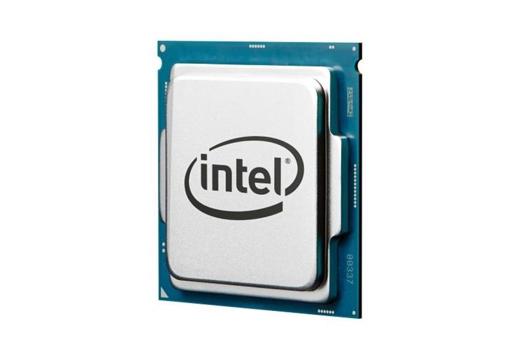Intel unveils SoCs targeted at data centre applications
1 min read
As part of its strategy for data centres, Intel has revealed details of its forthcoming Atom processors C2000 product family. Codenamed Avoton, the devices are aimed at low energy, high density microservers and storage. A family codenamed Rangeley will also be launched and targeted at network applications.

These second generation 64bit SoCs are expected to become available later this year. Manufactured on Intel's 22nm process technology and based on the Silvermont microarchitecture, devices will feature up to eight cores, integrated Ethernet and support for up to 64Gbyte of memory.
Intel says the C2000 SoCs will be up to four times more energy efficient than the Atom based SoCs introduced in December 2012 and could provide up to seven times the performance.
"Data centres are entering a new era of rapid service delivery," said Diane Bryant, pictured, general manager of Intel's Datacenter and Connected Systems Group. "Across network, storage and servers, we continue to see significant opportunities for growth. In many cases, it requires a new approach to deliver the scale and efficiency required, and we are unveiling the near and long term actions to enable this transformation."
Meanwhile, Intel also announced a roadmap for products based on its 14nm process technology. An upgrade to the Xeon processors E3 family (codenamed Broadwell) will address processor and graphic centric workloads, while a further generation of Atom processor SoCs (codenamed Denverton) will enable even higher density deployments for data centre operators. A further data centre SoC was also previewed. Said to be designed from the ground up for data centres, the part will be based on the Broadwell microarchitecture and will offer 'higher levels of performance' in high density, extreme energy efficient systems.





